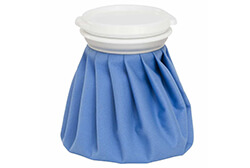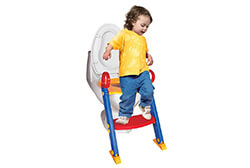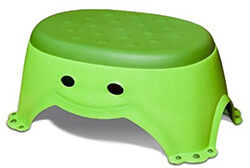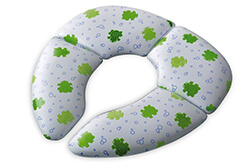Bedwetting Advice
Last Updated on February 17, 2023 by One Stop Bedwetting
Bedwetting can seriously impact a child’s self-esteem and can often lead to isolation, depression and even poor grades. However, with proper planning, it is possible to motivate a child to overcome bed wetting and regain their self-esteem.
Self-esteem can be a sensitive issue in children who wet the bed; this is especially true as the child grows older. Many bedwetting children who wet the bed feel a sense of shame and embarrassment. This can lead to low self-esteem, depression and social isolation. There are things parents can do to help minimize the negative emotional effects of bedwetting.
Discuss your child’s bedwetting with a pediatrician
Discuss with your child that bed wetting is common with children of their age and that they are not alone. It is normal for children to wet the bed until they are about 4 years. There is usually no need to seek medical treatment. But if a child is older than 4 years of age and is still unable to sleep dry at night or if the bedwetting problem is causing concern, it’s a good idea to visit your pediatrician before it impacts a child’s self-esteem. Doctor’s will do a series of tests to rule out abnormalities and or medical conditions that might be causing the bed wetting problem. Visiting a doctor can also help put your mind at ease about your child’s bed-wetting. Knowing that bedwetting is a medical problem treated by doctors may help alleviate your child’s shame or embarrassment. You and your child can discuss that you’re going to address bedwetting the same way you would address another medical condition.
Talk to your child about bedwetting
Bedwetting isn’t something kids talk about with each other, so your child might feel like they are the only kid at their age who still wets the bed. Be sure to tell them that millions of children, teenagers and adults regularly wet the bed at night. Tell them that there are several children in their class with a bed-wetting problem that they don’t know about. Your child may feel like they are doing something wrong if they wet the bed, so you and the doctor can let them know that it’s not their fault. It is important to explain to children who wet the bed that enuresis is often caused by a delayed development of the bladder. Explain to them that many kids who wet the bed at night are deep sleepers, which means they don’t wake up when they need to go to the bathroom. This will help maintain self-esteem.
Don’t get angry when your child wets the bed
Your child is already very upset and ashamed for wetting the bed at night. Children want to stay dry at night. They do not wet the bed on purpose and bedwetting is not a child’s fault. Do not get angry at your child. Do not shout at them or punish them; stay calm and positive. Punishing your child for wetting the bed can make the problem worse and damage your child’s self-esteem.
One of the best things to do to help your bedwetting child’s self-esteem is to encourage them and give them hope that they will overcome the bed wetting problem. Give your child accolades for waking up dry and recognize this success. If you have other children, make sure that the siblings know that teasing about bedwetting is not allowed.
A bedwetting alarm is considered a very good way to stop bedwetting in children and teen boys and girls. You can choose and purchase a variety of bedwetting alarms for children in our store.








 Our #1 Top SellerIdeal for Daily Use
Our #1 Top SellerIdeal for Daily Use Premium Quality BeddingSoft and Comfortable
Premium Quality BeddingSoft and Comfortable Premium Quality BeddingLarge Urine Absorption
Premium Quality BeddingLarge Urine Absorption AFFORDABLE PRICECHANGE DAILY AS NEEDED
AFFORDABLE PRICECHANGE DAILY AS NEEDED
 Sleek, Stylish and Affordable Watch
Sleek, Stylish and Affordable Watch Multi-Function Watch with Numerous Features
Multi-Function Watch with Numerous Features Recommended watch for teens and adults
Recommended watch for teens and adults Perfect for medication and other reminders
Perfect for medication and other reminders




























